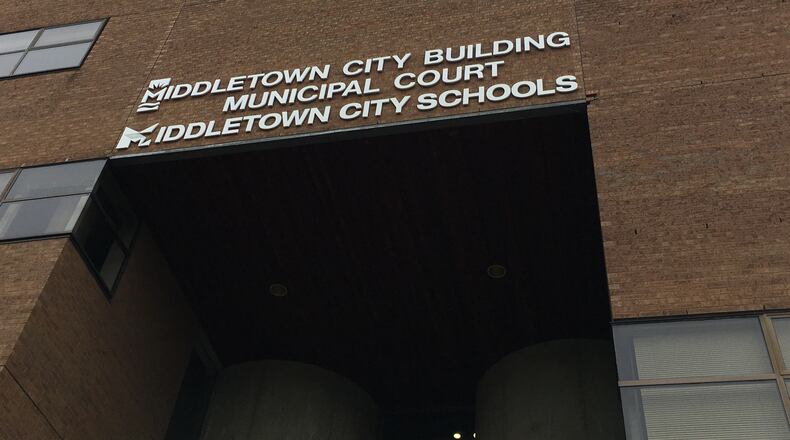Council approved a $338,400 professional services contract with Williams Creek Consulting to prepare the construction plans and specifications for the Bulls Run to Sunset Park Green Infrastructure Project.
Tadych said the project is the first identified in the LTCP that will consist of constructing a storm sewer to intercept a portion of the flow from the Bulls Run stream where it enters the combined sewer system near the intersection of Sheldon Road and Santa Fe Drive.
He said the intercepted flow from the drainage area will be redirected to an approximately one-acre regional green infrastructure retention basin located at Sunset Park, reducing storm water loading to the combined sewer system.
The project is required to be completed by mid-2019 under the terms of the federal consent decree.
In his report, Tadych said that aesthetic landscaping and hardscaping features will be incorporated into the green infrastructure basin to not detract from the overall park character.
The existing play equipment may be relocated or replaced to accommodate the basin, the report said. In addition, the storm sewer installation on Sheldon Road will likely necessitate overall road improvements between Kenwood Drive and Santa Fe Drive, including waterline replacement, curb repairs and full width street paving.
Councilwoman Ami Vittori noted there were a number of new families in that area that asked if there were any plans to install new play equipment at Sunset Park or to have a community discussion with the neighborhood. City Manager Doug Adkins said he would look into it.
In December, council approved the proposed consent decree with the USEPA. That settlement was finalized by the federal government in the U.S. District Court in Cincinnati last month.
According to the EPA, the city currently discharges millions of gallons of untreated sewage each year from its sewer system during and after rain events through its eight “combined sewer overflow” outfalls. Untreated sewage can contain disease-causing bacteria, viruses and parasites, as well as pollutants that can harm aquatic life.
Under the new agreement, the city will construct storage basins and other improvements to its sewer system and sewage treatment plant over the next 25 years that will substantially reduce the frequency and volume of its untreated sewer overflows. The city estimates this work will cost about $269 million. Additionally, the city will pay a penalty of $55,000 and spend $200,000 on a project in the canal to protect aquatic life from contaminated sediments.
About the Author

